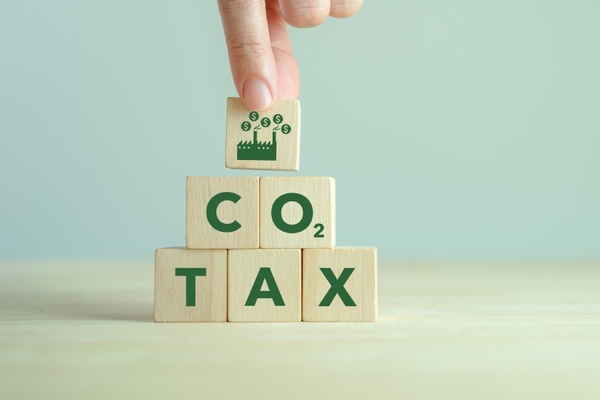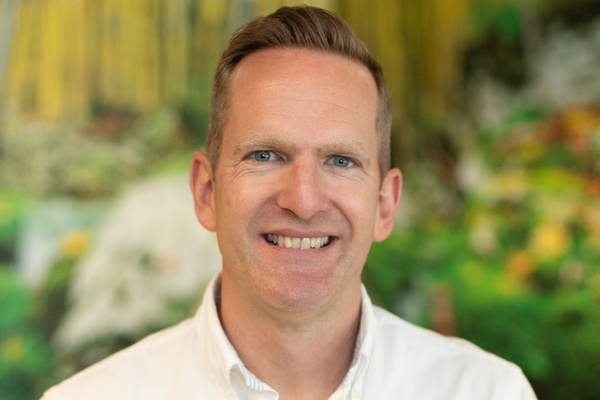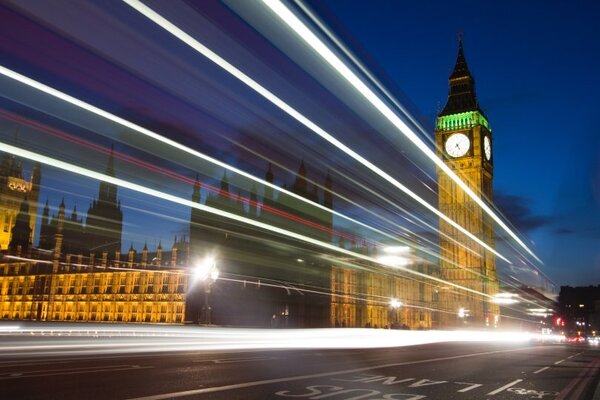'Why I support Cop29's 'polluters pay' principle – even as a global travel business leader'
 James Thornton
James ThorntonCop29 in Baku is exploring a "polluter pays" concept, meaning the countries most responsible for damaging the climate need to compensate those unfairly bearing the brunt.
Within those countries, fingers are being pointed at industries like manufacturing, aviation and – increasingly – tourism. So let me be the first to say: this is a good thing.
Tourism accounts for approximately 11% of the world’s global emissions, and this is growing. If nothing changes, the UN says tourism-related greenhouse gas emissions could increase by at least a quarter by 2030.
That’s why this year’s Cop will feature a sideline thematic day on tourism, and one of the key objectives of this will be to strengthen the Glasgow Declaration for Climate Action in our industry.
As one of the first signatories to the Glasgow Declaration at Cop26 in 2021, Intrepid Travel has demonstrated a genuine commitment to taking climate action, including becoming the first global tour operator to commit to science-based decarbonisation targets, one of the UN’s Cop29 goals.
But we know there is more to be done as we feel the unprecedented impacts of the climate crisis. From turbocharged hurricanes to unfathomably hot temperatures, our changing climate is impacting the communities and the natural environments we visit every day.
This is acutely apparent in our industry, which relies on a thriving planet to survive.
Need to decarbonise ’clearer than ever’
Just this past month, communities in Spain’s Valencia region have been devastated by flash flooding and torrential rain – the country’s worst flooding event in decades.
Valencia is home to Intrepid’s western Europe operations, and some of our own people have been terribly affected by this climate disaster. We would welcome any donations to our Spain flooding appeal.
The urgent need to decarbonise and reach net zero is clearer than ever. But with 87% of our emissions in our supply chain, we cannot do this alone.
We’ve spent the past two years engaging with our suppliers to better understand where they are on their own decarbonisation journeys, and this has exposed some significant challenges.
It has also given us a snapshot of climate action in the tourism industry globally – an industry that is predominantly made up of small- to medium-sized businesses (SMEs).
Of the 1,000-plus SMEs that make up our supply chain in 26 destinations, only 59 are measuring their carbon footprint; 26 are using 100% renewable energy, while 20 are carbon neutral.
I would guess a similar problem exists across the industry, yet few businesses are comprehensively measuring and reporting on their supplier profile.
’Destinations must play their part’
So what can we do to encourage action? We are launching our supplier decarbonisation program to support hotels in taking the first step towards decarbonisation by measuring their emissions, starting with providers in Vietnam, Thailand, Morocco and Ecuador. And we are sharing this data with destinations and global bodies to inspire action and investment.
I also welcome the call at Cop29 for more destinations to sign up to the Glasgow Declaration, as this will support the global commitment to halve emissions by 2030, ensure more transparent reporting against short- and long-term goals and investment in the transition, and encourage stronger collaboration.
For the global travel industry, progress on decarbonisation is tied to destinations adopting renewable energy and associated green infrastructure, so this is important. We simply cannot reach our carbon reduction targets without destinations doing their part.
It’s not all bad news – we are seeing adoption of EVs in many countries, helping us to offer more sustainable transfers. But the gap between intention and action is significant.
I want to make it clear Intrepid is far from perfect. As a global tour operator, decarbonising – while also growing our business – poses a constant challenge. But that’s why we’re leaning on our legacy of acting on the climate crisis for nearly two decades to make our commitment stronger than ever.
Cop29 comes with its fair share of important criticisms, not least an underrepresentation of women and too little being done too late, but we need these forums to accelerate our shared commitments and to put our industry under the microscope.
The "polluter pays" idea is about forcing those at fault for the climate crisis to take responsibility, and it’s about time we extended the same expectation to the tourism industry.
James Thornton is chief executive of Intrepid Travel, which has previously shared with the industry its blueprint for carbon measurement.
Sign up for weekday travel news and analysis straight to your inbox

James Thornton
Supplier Directory
Find contacts for 260+ travel suppliers. Type name, company or destination.














